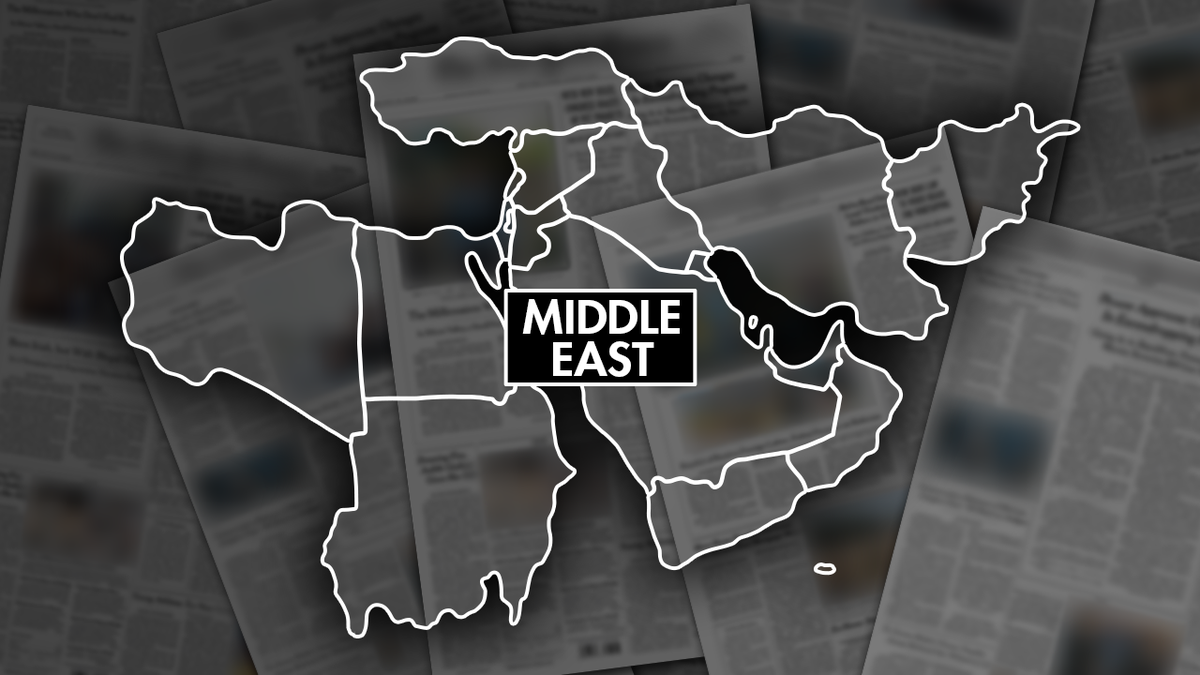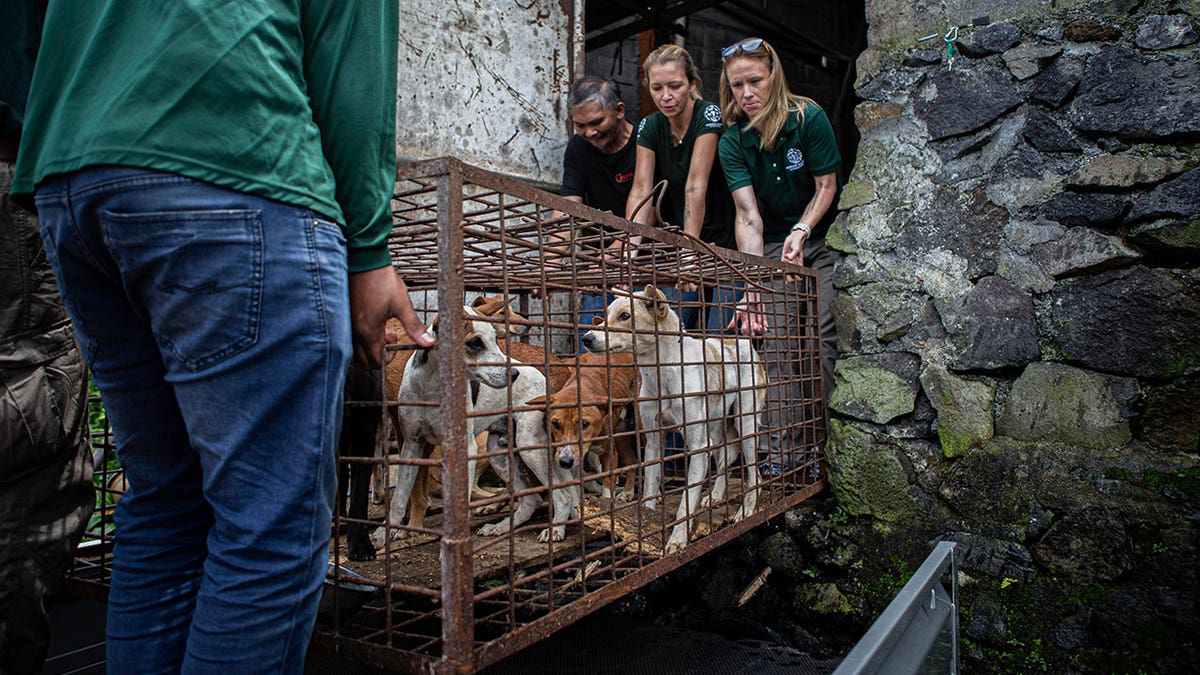The United Nations Security Council has failed to reauthorize cross-border humanitarian aid deliveries to northwestern Syria from Turkey, jeopardizing vital support for 4.1 million people in the rebel-held region. This lapse occurred after Russia vetoed a compromise resolution backed by 13 of the 15 council members, along with the UN Secretary-General and humanitarian organizations. The resolution would have extended the aid operation for nine months.
Russia's alternative resolution, proposing a six-month extension with additional stipulations, also failed to gain the necessary votes. This leaves the Bab al-Hawa crossing, the sole authorized UN aid route into the area, closed. The situation is particularly dire following the devastating February earthquake, which significantly increased the need for assistance in the region.
While Syrian President Bashar Assad had previously opened two additional crossing points from Turkey following the earthquake, these were not addressed in either resolution. Russia's UN Ambassador suggested these crossings might remain open for the time being. However, the closure of Bab al-Hawa raises concerns about access to aid, especially with winter approaching.
The failed compromise resolution, initially drafted by Brazil and Switzerland, had sought a 12-month extension but was later reduced to nine months in hopes of reaching an agreement. Russia, a key ally of the Syrian government, has advocated for aid delivery through government-controlled areas within Syria, a move that raises concerns about access and impartiality.

Following the veto, Russia's UN Ambassador indicated a willingness to salvage the Bab al-Hawa operation only if their six-month resolution was adopted. The US Ambassador criticized Russia's approach, likening it to "bullying" and expressing concerns about the adequacy of a six-month extension, particularly during the harsh winter months. The US stated it could not support the resolution forced upon the council by Russia.
Northwestern Syria, particularly Idlib province, has been heavily impacted by the 12-year civil war, with a large portion of its 4.1 million residents displaced from their homes. Many rely on aid delivered through Bab al-Hawa, often living in precarious conditions in tent settlements. The earthquake further exacerbated the humanitarian crisis, causing thousands of deaths and widespread destruction. The UN had previously authorized multiple aid crossing points, but these have been gradually reduced over the years, largely due to pressure from Russia and China.







